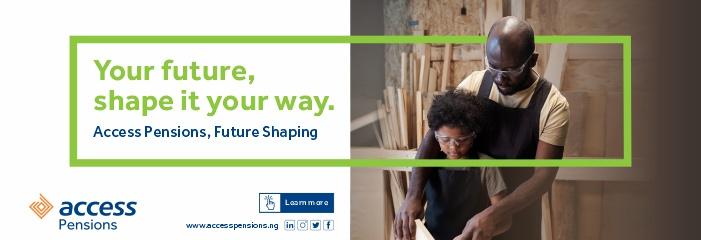1. Strengthen Democratic Institutions: Building and maintaining strong democratic institutions is crucial.
This includes transparent elections, an independent judiciary, a free press, and a robust civil society. These elements contribute to a system of checks and balances that can prevent the concentration of power.
2. Promote Good Governance: Transparent, accountable, and inclusive governance can reduce the grievances that often lead to coups. Efforts to combat corruption, ensure equitable resource distribution, and create opportunities for political participation can help build trust in the government.
3. Respect Human Rights: Ensuring the protection of human rights, including freedom of speech, assembly, and the rule of law, is essential. When citizens feel their rights are respected, they are more likely to engage in peaceful political processes.
4. Economic Development: Addressing economic inequalities and providing opportunities for economic advancement can reduce frustration and instability. Poverty and lack of economic prospects can create fertile ground for coup attempts.
5. Military Reform: Ensure that the military’s role is to protect the nation and its citizens, rather than to interfere in politics. Professionalizing the armed forces, promoting civilian control, and reducing the military’s involvement in civilian affairs can help prevent coups.
6. International Support: The international community can play a role by providing diplomatic pressure and assistance in strengthening democratic institutions. International organizations and neighboring countries can help mediate conflicts and encourage peaceful transitions of power.
Read Also: UN chief condemns coup in Gabon
7. Dialogue and Mediation: Encouraging open dialogue between different political groups, civil society, and the government can help address grievances and find peaceful solutions to conflicts. Mediation efforts can help prevent the escalation of tensions.
8. Political Inclusion: Ensuring that diverse voices and groups are represented in the political process can help prevent feelings of exclusion and marginalization that can lead to instability.
9. Education and Awareness: Promote civic education and awareness about the dangers of coups and the benefits of democratic governance. Informed citizens are more likely to reject attempts to subvert the democratic process.
10. Early Warning Systems: Develop mechanisms to identify early signs of political instability or coup plotting. Early detection can allow for timely intervention to prevent escalations.
11. Crisis Management: Have effective crisis management strategies in place to address situations of political uncertainty without resorting to violence. This involves promoting peaceful negotiations and compromise.
12. Strong Regional Organizations: Encourage regional organizations (e.g., African Union, ECOWAS, SADC) to take proactive roles in preventing coups, mediating conflicts, and promoting democratic values in member states.
It’s important to recognize that each country has its unique challenges and dynamics.
[6:48 am, 01/09/2023] Hajia Dada Great Nigeria Initiative: ﻗﺼﺺ ﻗﺼﻴﺮﺓ ﻭ ﻟﻬﺎ ﻋﺒﺮﺓ ﻛﺒﻴﺮﺓ
A true story:
She and her husband were talking about their married life, and at a moment things turned into a fight, yes, this is not the first time but this time it is different from the same before!! She asked her husband for divorce; which led to Ignite his anger until he took a piece of paper out of his pocket and wrote on it (Yes, I am a person who is a son of a person, and I am in full mind that I want my wife, and I do not want to abandon her, and no matter what the circumstances and no matter what I do, I will still hold on to her, and I will not I settle for another wife who shares my life, and she is my forever wife…) The husband put the paper in an envelope and handed it to his wife and came out angry so she wouldn’t feel anything. All this and the wife doesn’t know what was written in the paper, and then she felt guilty for making this mistake and rushed her request; the wife is in trouble now where is she going? And what do you say? And how was the divorce?… All these questions put her in a spiral and confused about her, so what could she do?. And what happened and happened? The husband suddenly returned home, and entered his room rushing without speaking a word. His wife followed him and knocked on the door, he replied loudly and angryly: What do you want? The wife said to him in a low and afraid voice: Please open the door I want to talk to you, then decide what to do…!! After thinking from the husband opened the door of the room, to find that his wife is sad and asks him to question the Sheikh; No She regrets all she did, and she doesn’t mean what she said. Husband replied: Are you sorry and sorry for what happened? The wife answered him with a broken voice: Yes, I swear I did not mean what I said, and I regret everything that happened!! After that the husband asked his wife to open the paper and look at what is inside her to judge what she wants. So she opened it and didn’t believe what her eyes saw, and she was overwhelmed with joy as she reads the paper, so she stood up to her husband and kissed his hands while crying with tears scattered from her eyes and said with a burn: I swear this religion is great; Because he made the infallibility in the hand of a man, and if he made it in my hand, I would have divorced you 20 times.
Translated from Arabi



